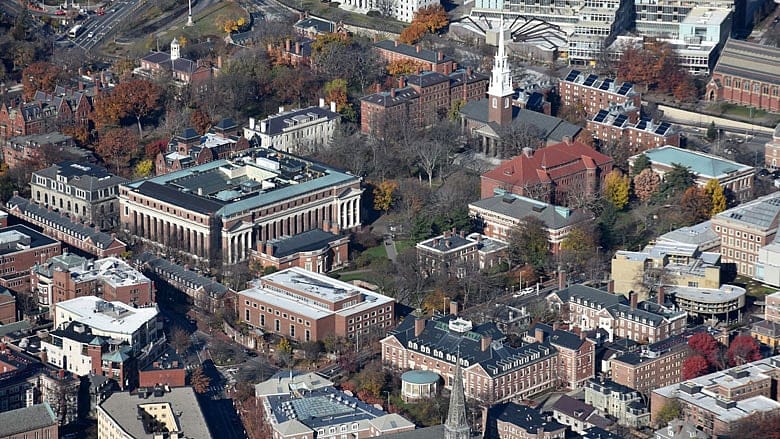Outside candidates look to crash Harvard Overseers race

CAMBRIDGE — Three out of five members of the slate of candidates running for seats on the Harvard's second most powerful governing board on a platform of free tuition and greater transparency in admissions are adding another issue to their platform: freedom of association.
Led by conservative businessman Ron Unz, the slate also includes liberal icon and former Green Party presidential candidate Ralph Nader; Stuart Taylor, a scholar at the Brookings Institute and a former legal affairs reporter for the New York Times; Michigan State University physics professor Stephen Hsu; and Lee C. Cheng, chief legal officer at Newegg, a prominent patent watchdog agency.

